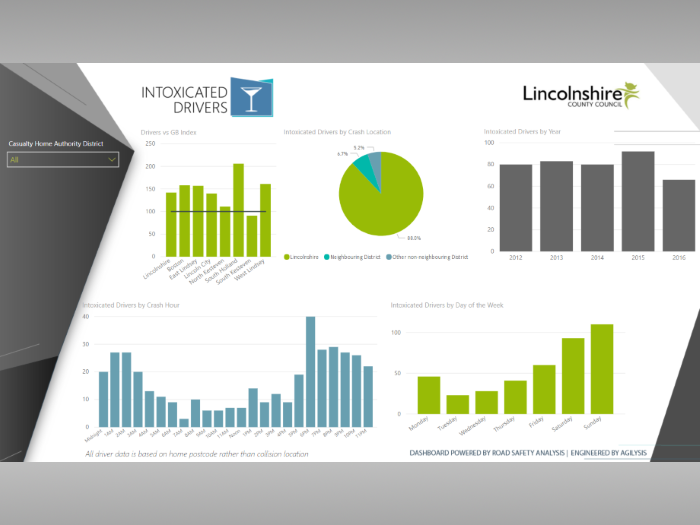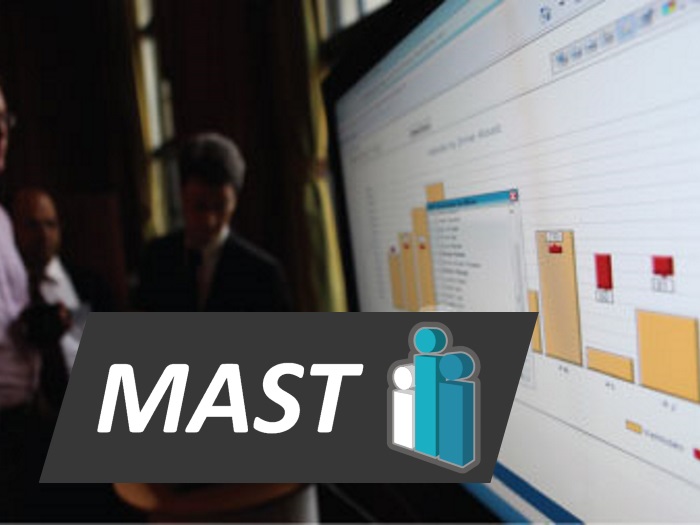
Evaluate, Evaluate, Evaluate
April 27, 2016
New study shows rapid increase in average speed cameras
June 1, 2016
Projects recognised at European awards ceremony
The Drivestart project, developed by RSA as a part of the Safer Roads Berkshire programme, was recognised as 'good practice' in the annual European Road Safety Awards which were announced in Brussels today. RSA Director Richard Owen was present to share knowledge and understanding learned in the UK with colleagues from around the continent.
For the last two years the European Road Safety Charter (ERSC), supported by the European Commission, have presented award to examples of good practice and innovation. This year over 160 submissions were put forward for a wide range of projects covering vehicle technology, infrastructure improvements, but overwhelmingly education schemes. As a member of the ERSC we were invited to attend the awards ceremony and discussion groups in Brussels on the 20th May 2016.
The conference was opened by Violeta Bulc, European Commissioner for Transport who was very disappointed by the latest statistics showing that the aim to halve road deaths is now severely off-target with no significant reduction over the last two years. The reasons why are not entirely clear although it has been noted that vulnerable road users are making up a larger proportion of those killed on the roads.

The first two award in the ‘School Challenge’ category included Lockerbie Academy who had introduced road safety themes to physics lessons and worked with police officers to talk through collision investigation techniques, linking them to core concepts of measuring force and velocity. Unlike the vast majority of in-school interventions that seek to provide information and encourage road users to act safely, this embedded road safety within a subject and this won over the jury. The second example form a school in Spain was one where cycle safety and sustainability messages were combined in an extra-curricular setting with a long-term commitment. In itself it was not very innovative however with many similar schemes being delivered in the UK.
The groups were then invited to discuss how to successfully communicate messages to young people and it was clear that the process of passing on information, in the hope of a behaviour change, was still the foundation of most people’s philosophies. There as however a realisation that for older teenagers, peer influences are much more important than those from authority figures. The use of role models was discussed but few thought that celebrity endorsements would really encourage behaviour change.
The second theme was innovation and we were asked to share our own experiences of true innovation in road safety. Much of the focus here was on the use of technology and we brought up the topic of telematics policies which now make up the majority of insurance policies for young drivers. This type of scheme is relatively unknown in Europe and there was a lot of interest in if the UK has seen an improvement in road safety figures. There is a lack of robust, independent evidence at the moment although some studies indicate a change in behaviour. There are more substantive investigations currently underway however but these may take some time to deliver an answer on how much (if at all) these schemes reduce casualty rates.
After nearly two hours of discussion and presentations attendees were invited to choose the best of the five schemes to win the special award and it was with some pride that the winner went to the UK entry from Scotland. We may never win Eurovision but it does seem that our record in road safety innovation is recognised by our European partners.
So, what was achieved at the end of the session? I think it probably gave more of an opportunity for road safety leaders to think about what can genuinely make a difference and perhaps re-examine what interventions are being delivered locally. A lot of the schemes being lauded were nothing special in terms of the techniques being used, although many of them were having at a large scale. Is handing our 100,000 reflective jackets to cyclists in Denmark really very innovative? I think the UK should be proud at the work it achieves which is much more data-led and evidence based than many of the best from the rest of Europe. We are significantly better at evaluating outcomes rather than outputs and can definitely show everyone else a thing or two.
Here’s to more UK entries picking up awards next year!




